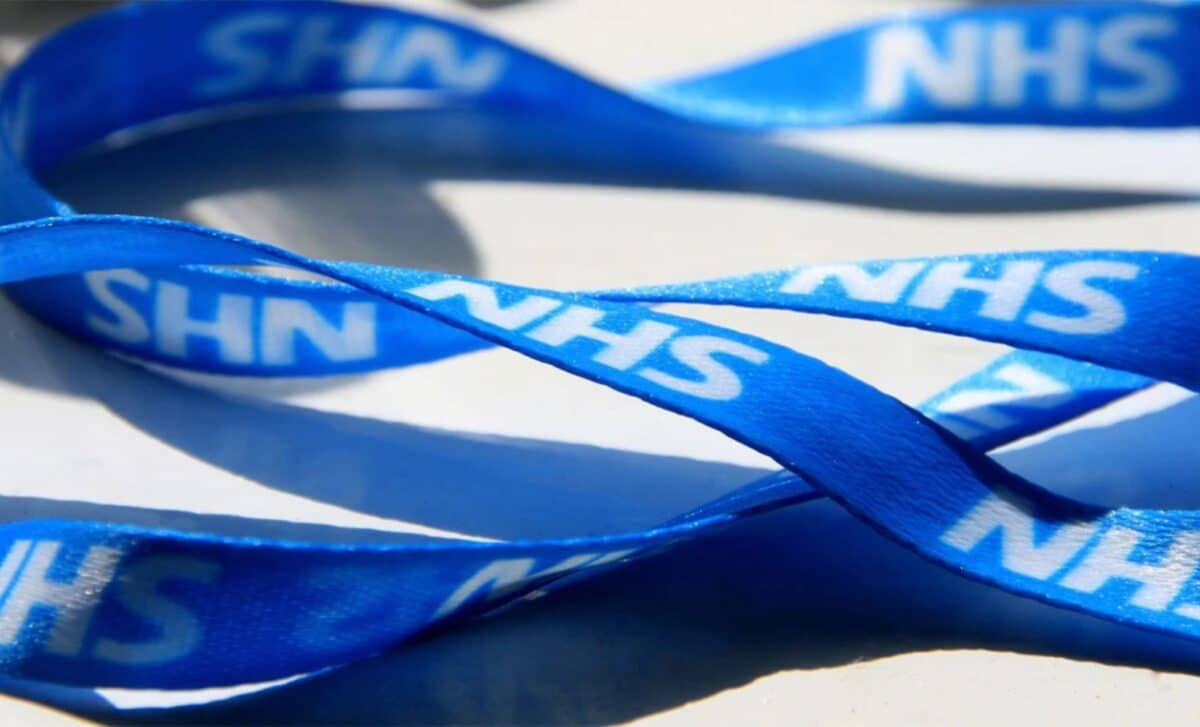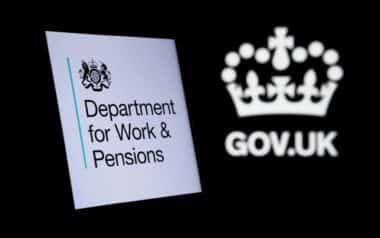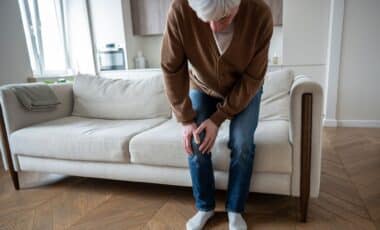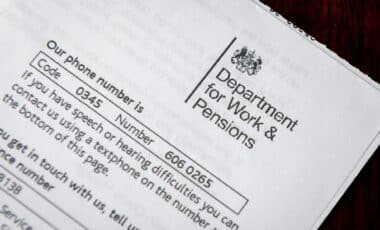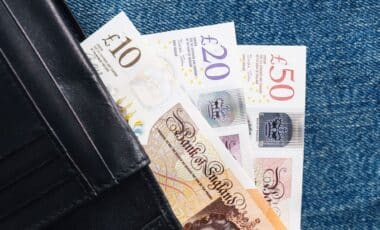The NHS has confirmed that prescription charges will remain frozen for the next 12 months, marking a notable policy decision aimed at easing the financial burden on millions of patients.
This freeze, which takes effect today, ensures that the cost of a single prescription will remain at £9.90, a move that comes as part of a broader government initiative to tackle the ongoing cost of living crisis.
The government’s action builds on the existing plan to shift healthcare focus from hospitals to community-based care, making essential treatments more affordable for the public.
The freeze follows an agreement made with Community Pharmacy England to secure additional funding for local pharmacies, an important step in ensuring access to medication at a time of financial strain.
Cost of Living Relief Through Prescription Charge Freeze
According to the government, the decision to freeze prescription charges will save patients an estimated £18 million over the course of the year. This is a vital step for those who rely on regular medication, as it prevents any further financial strain.
In addition to keeping individual charges at £9.90, the freeze extends to both three-month and annual Prescription Prepayment Certificates (PPCs).
The three-month PPC will remain priced at £32.05, while the 12-month PPC will stay at £114.50, ensuring that patients with ongoing healthcare needs can access their medications at an affordable rate.
For many, this freeze is a welcome relief as it ensures they do not pay more than necessary for essential medicines. Furthermore, annual PPCs can now be paid in instalments, making healthcare even more accessible by spreading costs throughout the year.
As highlighted by Wes Streeting, Secretary of State for Health and Social Care, these actions are in line with the government’s broader Plan for Change, which is designed to support families across the country by easing financial pressures.
Exemptions Remain in Place for Vulnerable Groups
While the prescription charge freeze is important, it is worth noting that a large percentage of prescriptions are already dispensed free of charge to those in vulnerable groups.
These include children under 16, elderly individuals over the age of 60, pregnant women, and those suffering from certain medical conditions such as diabetes or cancer. This will remain unchanged, ensuring that the freeze does not affect those already exempt from the charges.
Additionally, patients receiving qualifying benefits, including Universal Credit, will continue to benefit from the NHS low-income scheme, which offers free prescriptions to eligible individuals.
According to government figures, approximately 89% of prescriptions in England are already exempt from charges, reinforcing the support available to those who need it most.
This policy represents a crucial move in the ongoing effort to ensure the NHS remains accessible to everyone, regardless of income.
By making it easier for patients to afford essential medicines, the government is ensuring that public health remains a priority during challenging economic times.

